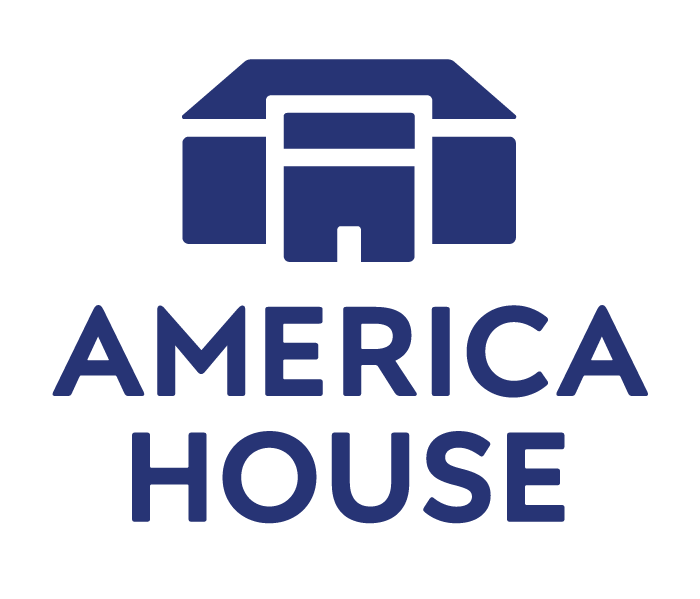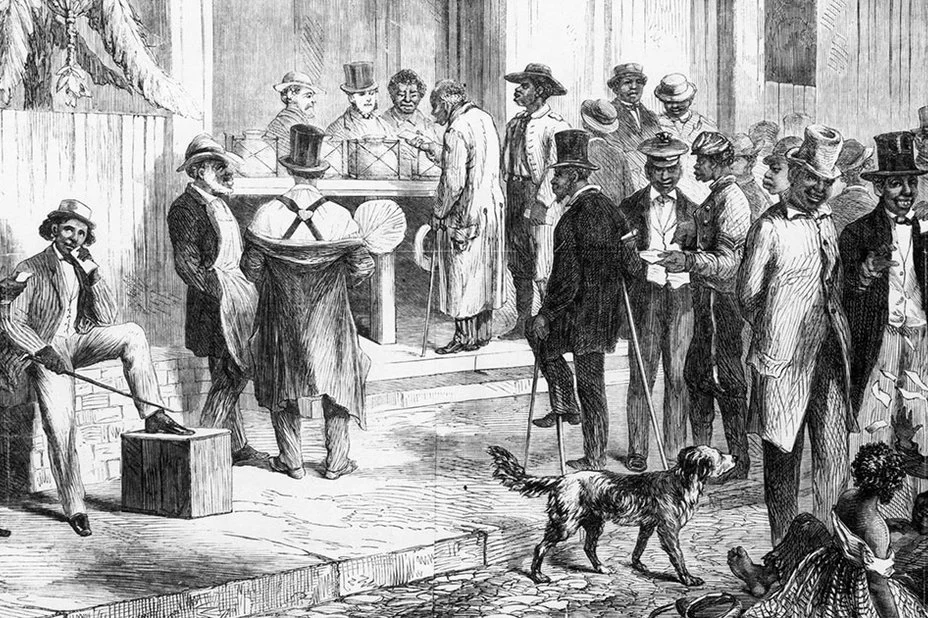Show Up and Show Out: Election Day
The Right to Vote
Early on in United States history, only specific people were able to vote. These individuals were typically white, male, and landowning. Enslaved people, mainly African Americans, were not able to vote. Neither were women.
Image: Pixabay
African American men gained the right to vote in the 15th Amendment to the U.S. Constitution, approved by the states in 1870. Women were granted the right to vote through the 19th Amendment in 1920.
However, while Black Americans were legally allowed to vote, they were often purposefully challenged with literacy tests and made to pay poll taxes, meant to prevent many from casting their ballots. Literacy tests were used to test a person’s ability to read. Failure of the test was used as “proof” that an individual was not prepared to vote. Similarly, poll taxes created a monetary barrier to voting. Without paying the required fee, one could not vote.
Increasing demonstrations against racism and for civil rights in the United States called lawmakers to action. With the ratification of the 24th Amendment in 1964, poll taxes were prohibited. Similarly, in 1965 the Voting Rights Act became law, which outlawed practices that had prevented marginalized groups from voting.
Today, voting is open to most U.S. citizens. Some places let people who are not citizens vote, but this is solely for local elections. States have their own requirements for residency too. Furthermore, voters must be of a certain minimum age. Only people 18 years or older are allowed to cast a ballot. Most states also require people to complete voter registration and some have deadlines for when this must be done. Some individuals who have been found guilty of a felony or are imprisoned are not allowed to vote. Mental fitness is also taken into account when determining eligibility. Living in the U.S. territories impacts a person’s ability to vote as well. In the general election, people in these territories are unable to vote for president.
What Happens on Election Day?
Photo: Pexels
Elections happen at all levels: local, state, and national. Elections are also available for a wide variety of positions including, but not limited to federal judges, mayors, and congressmen.
On Election Day, Americans cast their ballots for the people they want to represent them in political office. Most go to their polling places where the elections are being held. Some can still vote even if they cannot get to their polling places on the given day. In this case, voters can apply for absentee ballots or take part in early voting, when they can cast their ballots before Election Day.
Many Americans need to show form(s) of identification or verify identity when they arrive at the polls. Once their voter registration and identification or verification have been confirmed, they receive their ballot, and then are able to select their preferred candidates. Then, voters turn in their ballots and sometimes even receive an “I voted” sticker to mark their accomplishment.
U.S. Elections and Tuesdays
A law from 1845 determines an Election Day. At the time the law was passed, many people were farmers, so the month of Election Day had to follow the end of the harvest and happen in good weather. Because of this, November seemed to be an opportune month.
In deciding the day, business and holy days had to be taken into account. Christianity, a popular celebrated religion, meant that Sundays were reserved for worship and relaxation. On Wednesday, many farmers sold their crops at market. Getting to the polls also proved to be tricky and could take some time, so travel days had to be considered. Monday and Thursday, the days directly after Sunday and Wednesday did not work for voting because there was not enough time to travel. Tuesday seemed to be a good choice. It also became the Tuesday following the first Monday of the month so that November 1st, the day merchants would conduct bookkeeping and when Christians honored All Saints’ Day, remained free for those activities.
On Election Day, Americans all around the country exercise their right to vote, choosing who represents them at multiple levels of government. Elected leaders, in turn, make important decisions that impact the quality of life and the future of their constituents. By voting, people can make their voices heard!
Vocabulary List:
Typically (adverb): Normally
Enslaved (adjective): Describes people who were bought and sold and made to work for others
Amendment (noun): A change to the U.S. Constitution
Civil rights (noun): Rights protected by federal law and the U.S. Constitution
Ratification (noun): Approval of an amendment to the U.S. Constitution
Prohibited (verb): Not allowed
Marginalized (adjective): Describes people who are outcasted or unpopular
Felony (noun): A crime that is associated with violence
Purposefully (adverb): With intention
Ballots (noun): Pieces of paper where people mark their selections of candidates while voting
Monetary barrier (noun): Describes a blockage involving money
Polling places (noun): Where voting happens
Absentee (noun): The type of ballot filled out by people who cannot be present on Election Day
Verification (noun): Confirmation of truth or identity
Candidates (noun): Choices of representatives on the ballot
Opportune (adjective): Positive, beneficial
Constituents (noun): People represented by a given lawmaker
Eligibility (noun): The condition of meeting set requirements in order to get something or do something
Federal (adjective): Describes association with a government of different states
ABOUT THE AUTHOR
Phoebe McChesney is a student at Oberlin College in the United States, majoring in Politics. She has interned in the U.S. House of Representatives and served as a Page in the U.S. Senate. Phoebe would love to work in Congress, with a federal agency, or on foreign policy and international relations one day. She is a blogger for her college and is interested in America House Kyiv’s Ukraine-American work.






